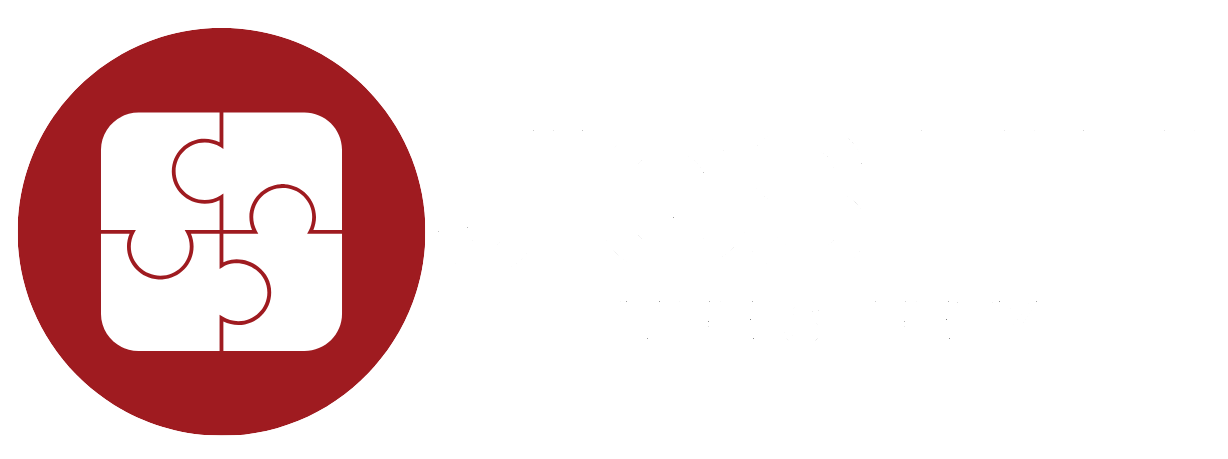While construction safety (NFPA 241) plans have been required in the City of Boston and across the state for several years, recent construction fires have shone a light on continued issues related to fire protection and life safety during construction projects. In January of this year, the Boston Fire Department (BFD) established a new requirements for Fire Prevention Program Managers (FPPMs) on construction sites in the city.
FPPM’s are required on any construction project to oversee the construction safety protocols on a job. Typically, there are both primary and alternate FPPM’s on both the project level as well as the building level for tenant improvement projects. The new requirements, mandate that all FPPM’s are required to have taken the National Fire Protection Association’s (NFPA) online FPPM Training prior to assuming the role.
This training is required to ensure that the FPPM’s understand their responsibilities during the process including:
- Understanding the building’s fire protection and life safety systems
- Understanding the applicable codes and standards
- Enforcing the NFPA 241 plan
- Coordinating impairments
- Communicating between the various stakeholders such as contractors and building ownership/management
- Ensuring workers understand their obligations
These new expectations are intended to bolster the already robust construction fire safety requirements in the city. As the pace of construction and the complexity of the projects continues, well-trained FPPMs on projects will help to ensure that the NFPA 241 Plans are followed. This should result in a reduction in hazards that contribute to construction fires and accidents.
Did you know that Jigsaw Life Safety offers FPPM support services to building owners and managers. We prepare and maintain all documentation to ensure it is comprehensive and that the building and project plans are coordinated with each other as well as the building’s contractor guidelines. Let us help you ensure your building and project documentation are up to date, coordinated, and that you and your team are aware of the processes and procedures necessary to maintain compliance with the requirements of the specific jurisdiction you are working within as well as the requirements within the State Building Code and NFPA 241.





